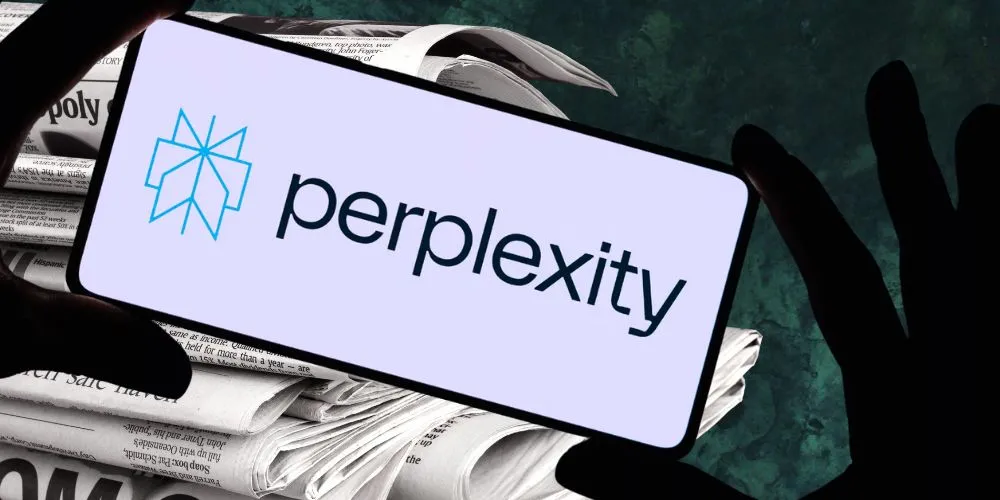Key Points
- The BBC is threatening to sue the AI startup Perplexity for using its news content without permission.
- The BBC wants Perplexity to stop, delete the data, and pay for the content it has already used.
- Perplexity fired back, calling the claims “manipulative” and saying the BBC doesn’t understand the law.
- Other major news outlets, including The New York Times and Forbes, have also accused Perplexity of content theft.
The BBC is threatening to take legal action against the AI startup Perplexity, accusing the company of illegally using its news articles to train its AI model. The British broadcaster is now the latest in a growing line of news organizations to go after the high-flying startup for scraping its content.
According to the Financial Times, the BBC sent a letter to Perplexity’s CEO with a clear list of demands. It wants the company to immediately stop scraping its content, delete any copies it already has, and offer “financial compensation” for using the BBC’s work without permission. If they don’t comply, the broadcaster says it will seek a court order to shut them down.
Perplexity hit back hard. In a statement, the company described the BBC’s claims as “manipulative and opportunistic.” They stated that the broadcaster has “a fundamental misunderstanding of technology, the internet and intellectual property law.”
This isn’t the first time Perplexity has been in hot water. Forbes, Wired, and The New York Times have all made similar accusations. The rise of AI chatbots has alarmed publishers, who argue that these tools are essentially summarizing their hard work for users without permission or compensation.
Despite the controversy, Perplexity is a major player in the AI space. Backed by powerful investors such as Amazon’s Jeff Bezos and Nvidia, the company offers an AI search tool similar to ChatGPT. It is currently in talks to raise money at a valuation of $14 billion.





